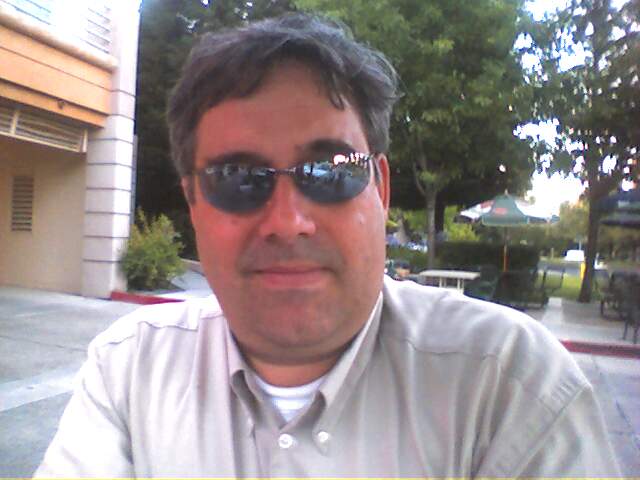Should you take vacation, and pay to attend yourself? At this point you should look at the value of that conference to you knowledge, skills and network. After attending many such events I often have a hard time putting a value on them. But in my mind, attendance is practically NOT optional. I will go to great lengths to make sure I can go.. Either by participating in the event organization and planning, or by presenting at some point. Certainly I make sure my manager (and prospective employers) know that I will attend if at all possible.
Thus my involvement in the IEEE. I have accepted and internalized that value to such an extent that non-participation is un-imaginable to me. For you it is probably not yet the case, and its worth an attempt to think about and articulate the reasons.
Why I [attend|plan|present|travel|organize] Professional Events:
- Meet People - By now most of these folks are friends, or at a minimum, long-term acquaintances. These are the folks solidly in my network, that I help, and am helped by as we navigate our careers. Whether we are connected on linked-in or have never even shared each others business cards. The more often you see each other around, the smaller, and yet larger, this industry gets. When times get tough, these relationships will be, are, have been "our" buffer. Tough times include the times your team needs help as well as when you or your team needs work.
- Learn. Engineering is a field where you must CONSTANTLY be learning new things. Even if you just learn who the experts are in some arena that is not your own, when YOU have to interface with that later, you have more familiarity with that area, and a broader range of folks to go to. You ALSO get a better feeling for which papers you can put more trust in. The moment you close your mind off to learning new things is the start of the end of your career - at least that this engineers humble opinion.
- The Unexpected. This is the SAME reason that Nassim Nicolas Taleb says its better to live in a city than in a small town. You don't know WHAT new idea, person, book or discussion will happen at the meeting. The more often you can be in a situation where you can encounter these unexpected goodies, the luckier you will be. Of course disasters can be Black Swans too, but you can minimize this risk by preparing well when its YOUR turn to be the presenter.
- An archive of expertise. While certainly not the same as a daily blog, which Penelope Trunk says is a MUST today, the archive of papers, presentations, seminars that you give over time, becomes a log, or portfolio, of your expertise. It demonstrates your communication skills, AND experience to those who must or might work with you in the future. Certainly one of the things I look for in a prospective employee is what they have published over time. And I think that might override concerns about the embarrassing photos they forgot to take of their facebook account.
- It makes you a better employee - more knowledgeable, more capable.
- It reflects well on the organization. It will make hiring easier.
- It increases your loyalty to the organization.
- It is good publicity for your company.
- It makes you a more desirable person to hire away,
- and provides more opportunity to meet those folks.
I think that covers most of MY reasons for going.. Will I see you at a meeting?
jbd
Labels: career, IEEE, meeting, networking





